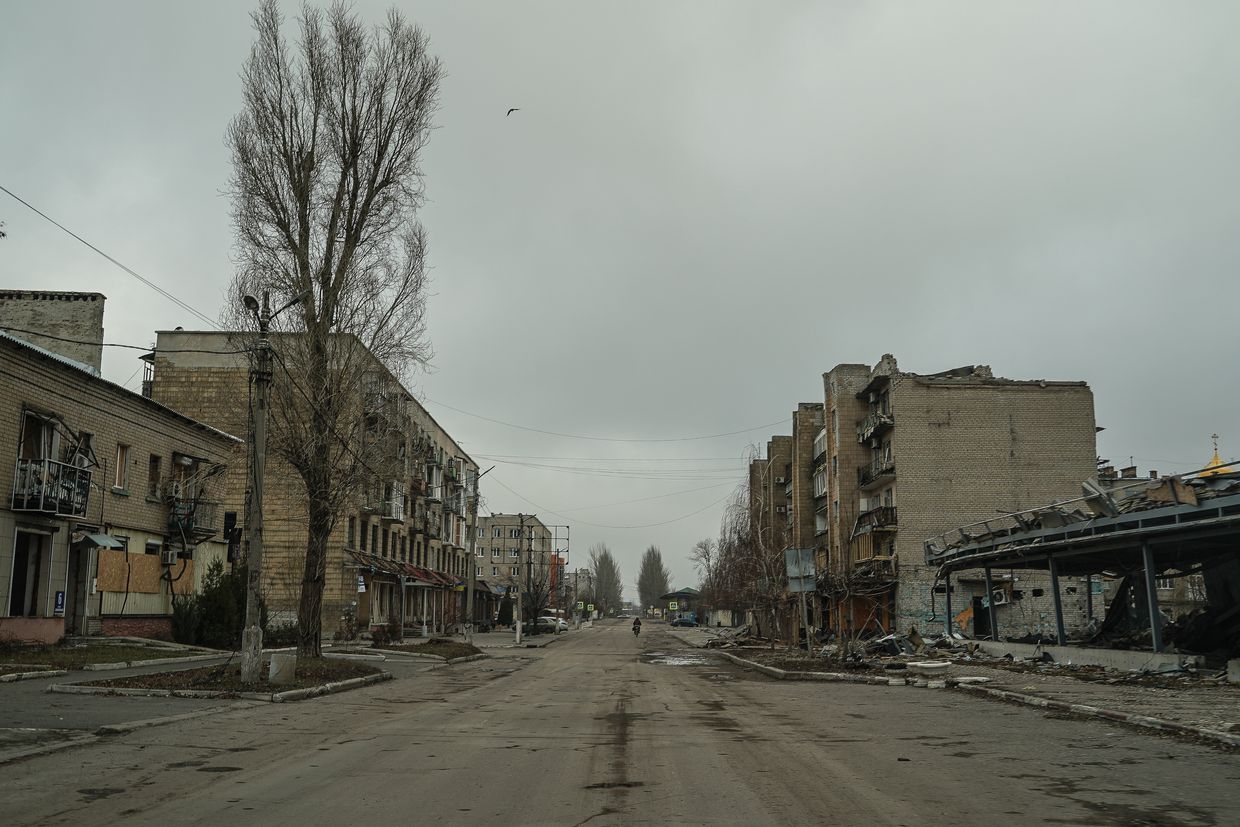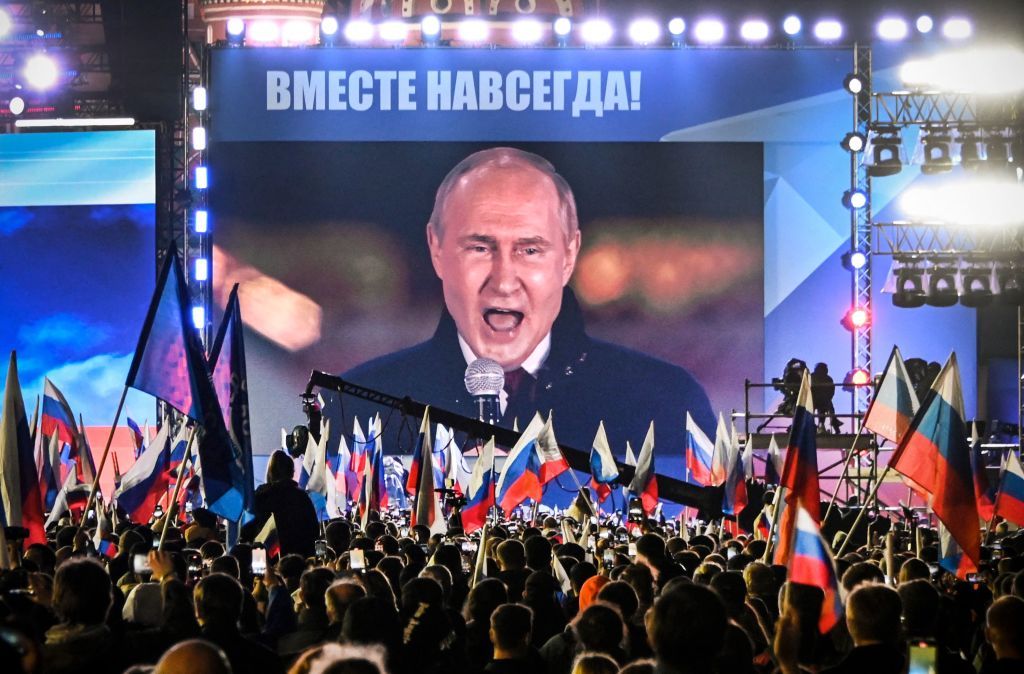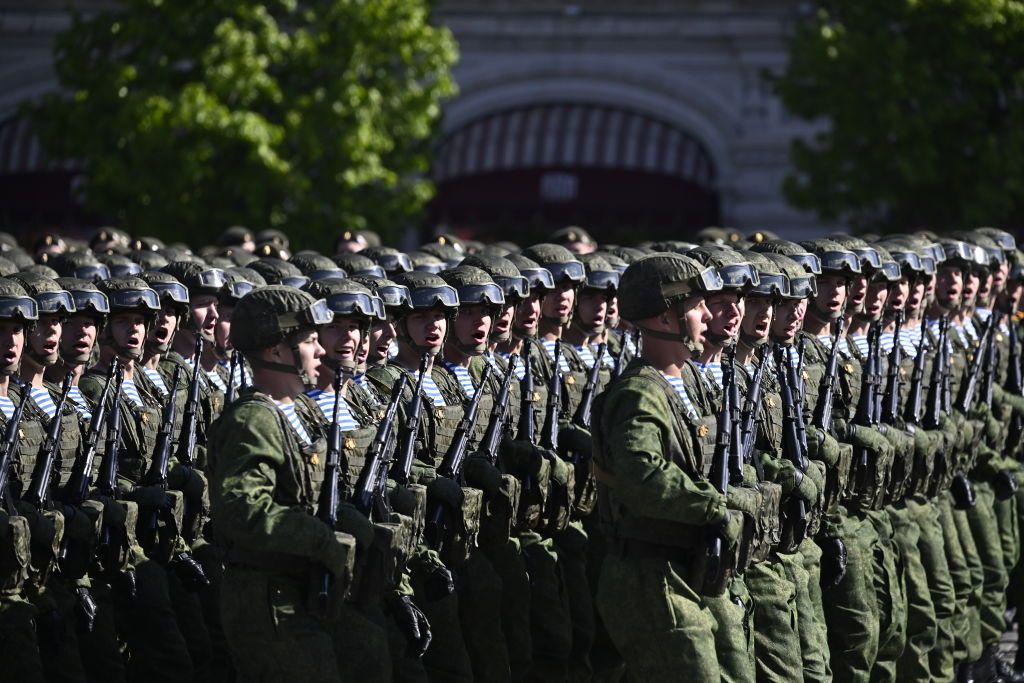The Russian government has approved new measures to streamline the conscription process, making it easier to draft young men into the Armed Forces, including those who previously evaded service, The Moscow Times reported on Jan. 27.
The reforms, according to Deputy Defense Minister Andrey Kartapolov, aim to "qualitatively improve the level of organization of conscription."
Under the new legislation, draft board decisions for individuals deemed fit for service will remain valid for one year. This allows military commissions to send individuals to the army in subsequent drafts without requiring additional medical examinations or decisions.
For instance, if a person was found fit but did not enter service due to illness or other reasons, they can be drafted directly during the next conscription campaign.

In Russia, conscription campaigns are held twice a year, in spring and fall, targeting men aged 18 to 27. These campaigns form the core of Russia's conscription-based military system, drafting hundreds of thousands annually.
The bill also consolidates the organization of draft commissions, mandating only one commission in cities of federal significance or two in larger municipalities.
These changes follow Russia's recent conscription campaigns, during which record numbers were drafted. In the fall 2024 draft, 133,000 individuals were conscripted, and 150,000 were recruited during the spring campaign, a record for the past eight years. Russian President Vladimir Putin signed decrees specifying the number of recruits required during each period.
The push to expand military manpower comes as Russia faces severe losses in its war against Ukraine. The General Staff of Ukraine's Armed Forces reported on Jan. 27 that Russia has lost 831,620 troops since launching its full-scale invasion.
While Russian conscripts rarely take part in active combat, Russia has been actively recruiting civilians to take part in the country's war against Ukraine by offering financial incentives, pardoning crimes, or simply taking people from the streets.
Yet, after the highly unpopular September 2022 mobilization led to over 261,000 Russians fleeing the country, Putin has avoided a second wave of mobilization, opting for alternative methods to bolster troop numbers.














